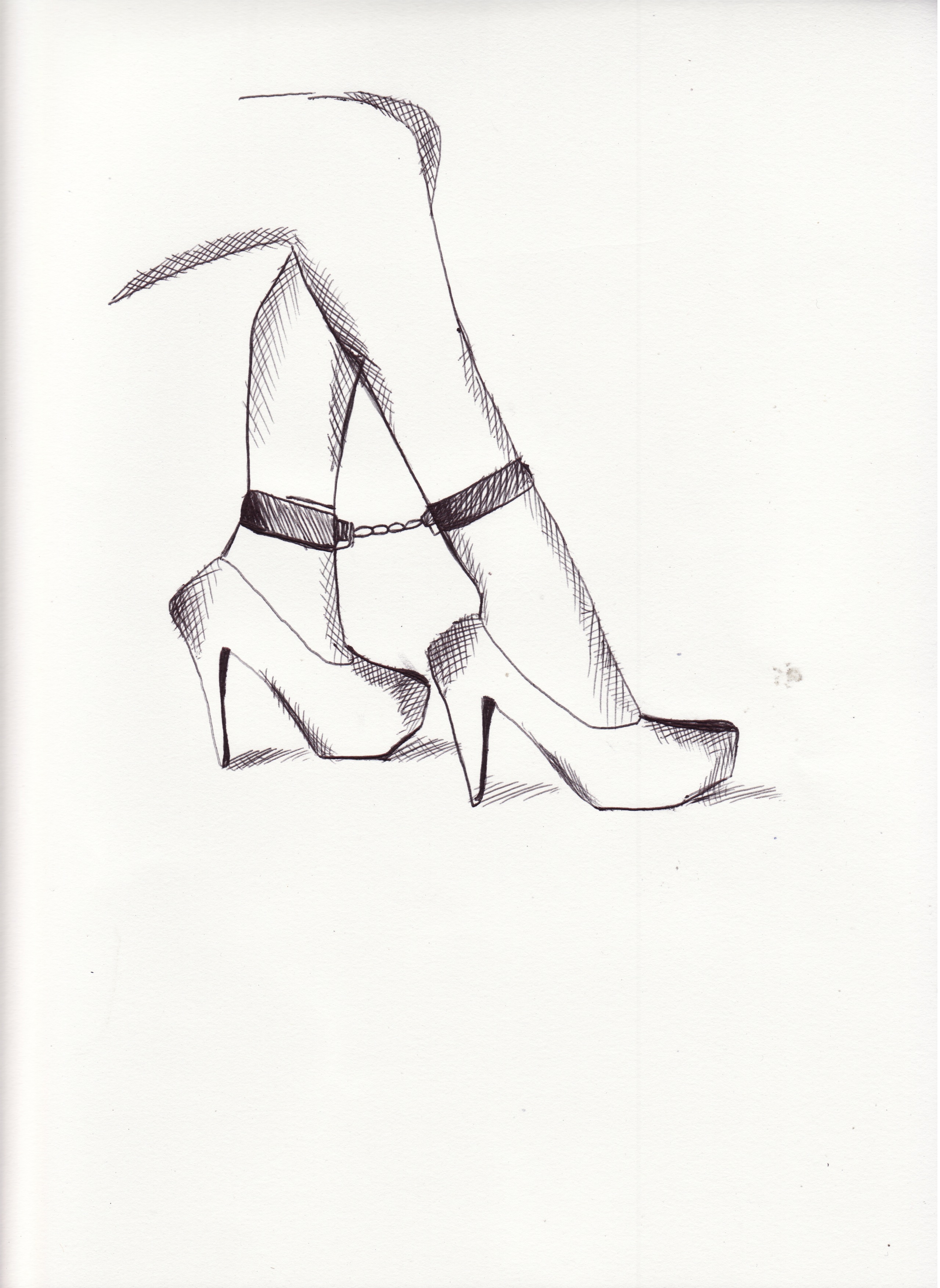“They call it the ‘Red Zone’—the first six weeks of college, when students are most vulnerable to being sexually assaulted,” I tell my little sister on the morning of her graduation from high school.
Her eyes widen as she asks, “Well, how can I prevent myself from being sexually assaulted?”
I sigh, as I always do, when I hear the word “prevention” in the same sentence as “sexual assault,” primarily because “sexual assault prevention” is a complete misnomer. Sexual assault prevention tips generally promote the common sexual assault myths.
Our language both reflects and shapes our world, and the term “sexual assault prevention” reflects and further promotes our notions—including our myths and misconceptions—regarding sexual assault.
“Sexual assault prevention” tips frequently advise women to “watch their drinks,” “dress modestly,” or “walk in lighted areas.” While these actions may, in specific situations, reduce the risk, women alone do not have the power to prevent sexual assault. The utterly terrifying truth is that the only person who can truly prevent an incident of sexual assault is the perpetrator.
Of course, there are ways to reduce your risk. The popular image of sexual assault on campus is flawed. No one ever deserves to be sexually assaulted, which may seem obvious., though it apparently isn’t. Sexual assault prevention advice often puts the responsibility on the survivors. They are expected to change their behavior to prevent sexual assault, implying that they—along with their mini skirts and eight tequila shots—were asking for it.
The truth is I should be able to wear whatever I want. Sexual assault happens to people in basketball shorts and sequins alike, the only thing that should dictate my attire is my level of comfort and feelings of safety. No clothing choices sanction sexual assault. Yet these apparently simple facts are rarely agreed upon in our society.
On college campuses, 90 percent of sexual assaults are committed by someone known to the survivor. Carrying mace, learning self-defense, or holding a key between your fingers are aimed at preventing assault from a stranger, which only represents 10 percent of incidents. The real value of these strategies is that they make us feel safe and empowered, not in actually deterring a perpetrator. Perpetrators are calculating. They are looking for vulnerability. So, if carrying mace makes you feel safe, then by all means, carry mace, but you should not be blamed if you cannot fend off assault.
There are no accidental perpetrators, enticed by improperly behaving victims. The average campus-based perpetrator commits six assaults. The “Red Zone” occurs because perpetrators know what they are doing, and freshmen don’t. Incoming students are vulnerable because they are in a foreign environment—they are trying things for the first time and are experiencing increased independence. They don’t necessarily know how much they can drink or who they can trust, and they may ignore their instincts and do things they aren’t comfortable with to try to fit in.
We all have an obligation to change the context in which sexual assault occurs and to address these facts.
While sexual assault often occurs within the context of private, closed spaces, there is still space for bystander intervention. While it is unlikely that any one person will witness an incident of sexual assault, we can also look out for questionable situations.
In order to be an active bystander, you should be aware and trust your instincts. If you see a fellow Hoya who seems to be uncomfortable, incoherent, or disempowered, just check in with them. Bystander intervention doesn’t have to be a heroic, brazen action. Just take a minute, make eye contact, and ask your fellow Hoya “Is everything okay here?” or “Who are you with? Do you have any friends here?” A moment of awkwardness or a dismissive “no” is undeniably worth the small chance that they do need help.
Serial perpetrators, who comprise the majority of offenders, commit sexual assault because they know they can get away with it. They know that if the survivor was drinking, others will call it a “gray area” or a “misunderstanding.” They know that people won’t believe a survivor with a “reputation” or that an “upstanding” person would commit sexual assault. They realize that, in the right situation, the victim will be unable to fend them off.
By believing survivors of sexual assault, we undermine perpetrators and hold them accountable. By supporting survivors of sexual assault, we not only help them heal, but we empower them to speak up and to take action. And while it is never the responsibility of a survivor to report or to prevent future assaults, it can at minimum send a strong message to the perpetrator, and at maximum punish them for their actions.
We must start holding perpetrators accountable, support sing urvivors, and being active, aware bystanders.




